The Systems and Synthetic Biology Lab (SSBL) pursues interdisciplinary research that covers research topics ranging from engineering problems in the production of value-added biomaterials to fundamental design principles in biology. Specifically, SSBL focuses on research and engineering of microbial cells to exhibit better performance as a cell chassis for the production of biochemicals and pharmaceuticals. The research fields include (1) new antibiotics production using Streptomyces, (2) conversion of CO2/CO gas into biochemicals using acetogenic bacteria, (3) development of microbial therapeutics, and (4) enzymatic DNA synthesis technologies. More details of SSBL can be found on the homepage. (http://cholab.or.kr/)
- 1. New antibiotics production using Streptomyces
- Bioactive secondary metabolites including antibiotics, antitumorals, antifungals, antiparasitics, and immunosuppressant are produced from soil-dwelling bacteria Streptomyces. Systems and synthetic biological strategies are used to discover underlying mechanisms and to enhance the production rate of secondary metabolites (Fig 1). Lab automation enables high-throughput experiments for increasing success rate.
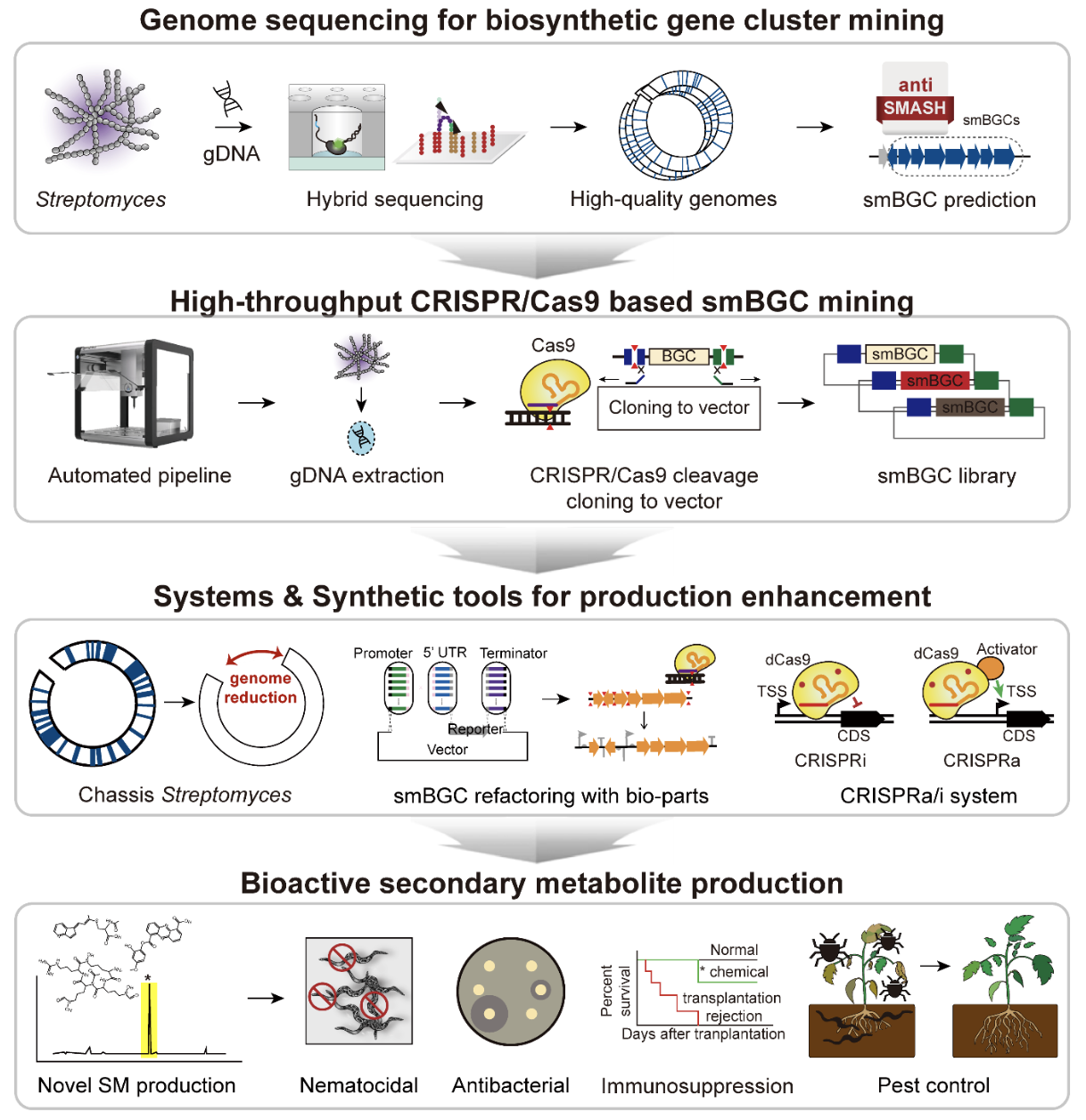
Fig 1. Bioactive secondary metabolite mining strategy using systems & synthetic biology tools in Streptomyces - 2. Conversion of CO2/CO gas into biochemicals using acetogenic bacteria
- Acetogenic bacteria are capable of converting CO2 and CO into value-added biochemicals such as acetate, ethanol, and 2,3-butanediol. To improve their conversion efficiency, SSBL develops CO-resistant strains through adaptive laboratory evolution and synthetic biology tools (e.g., bio-parts and CRISPR/Cas system, CO biosensor). Multi-omics analysis and in silico modeling are utilized to obtain a systematic understanding of acetogenic metabolism (Fig 2).
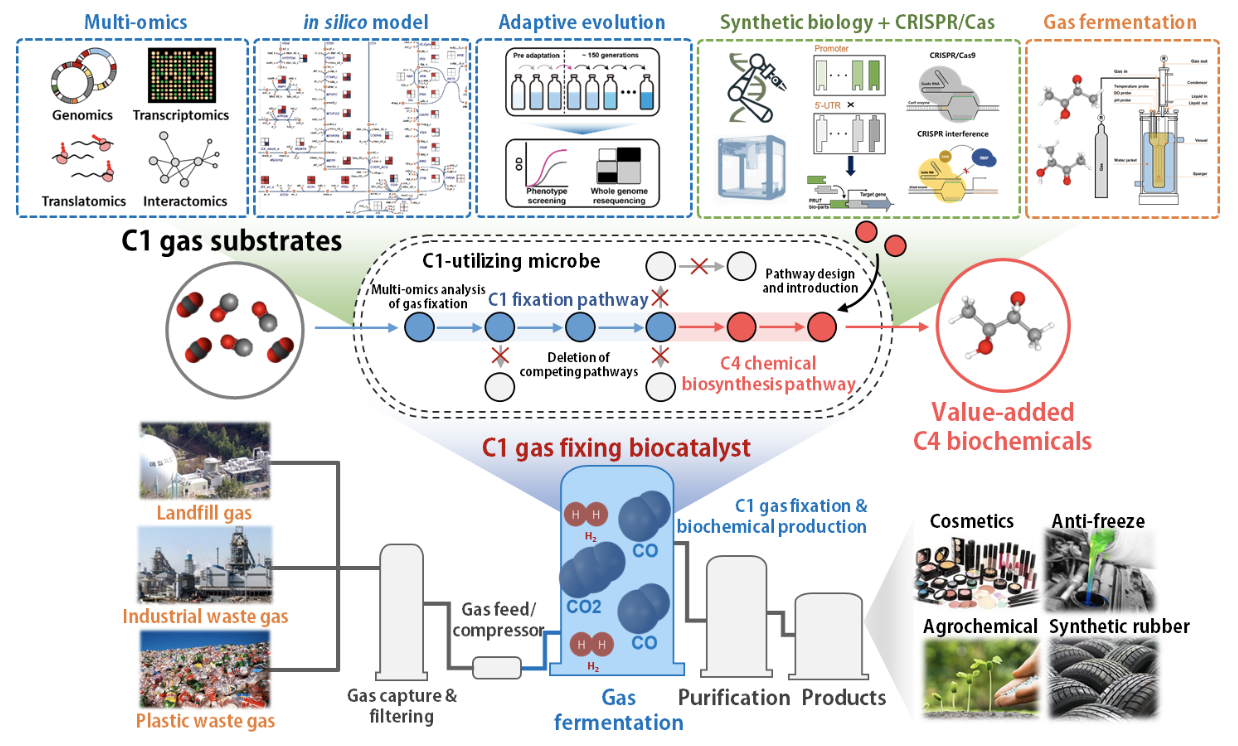
Fig 2. Conversion of CO2/CO gas into biochemicals using acetogenic bacteria - 3. Microbial therapeutics
- Bacteroides thetaiotaomicron, a prominent symbiont in the human gut, is receiving significant attention as a potential therapeutic strain due to its remarkable ability for long-term colonization within the human intestine. SSBL implements the principles of systems and synthetic biology to elucidate regulatory mechanisms underlying B. thetaiotaomicron metabolism and to build upon novel functionalities for therapeutic and diagnostic applications (Fig 3). To harness Bacteroides thetaiotaomicron as a therapeutic chassis strain, SSBL explores its genetic basis using genome-wide CRISPRi screening technology. In addition, SSBL develops genetic circuits that sense and respond to biomarkers of gut inflammation to construct synthetic cells capable of producing therapeutic compounds in response to specific signals.
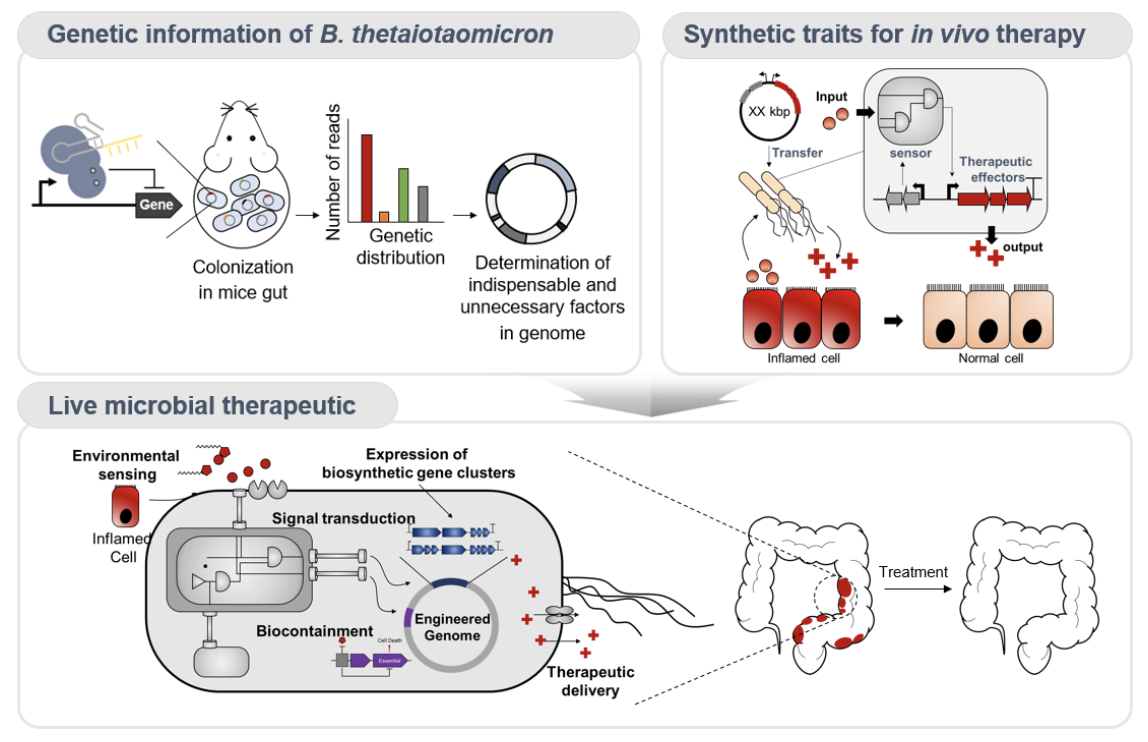
Fig 3. Engineering native gut commensal strain, B. thetaiotaomicron, for therapeutic applications - 4. Enzymatic DNA synthesis technologies
- SSBL develops DNA synthesis technology utilizing an enzyme that makes less pollutants and allows the synthesis of longer DNA products (Fig 4). Two applications are under research: one is to synthesize specific DNA sequences by using the TdT enzyme by the incorporation-deblock cycle, and the other is to synthesize a random sequence library for the discovery of novel biological parts. Microfluidics, automated robot arms, and droplet technologies are utilized.
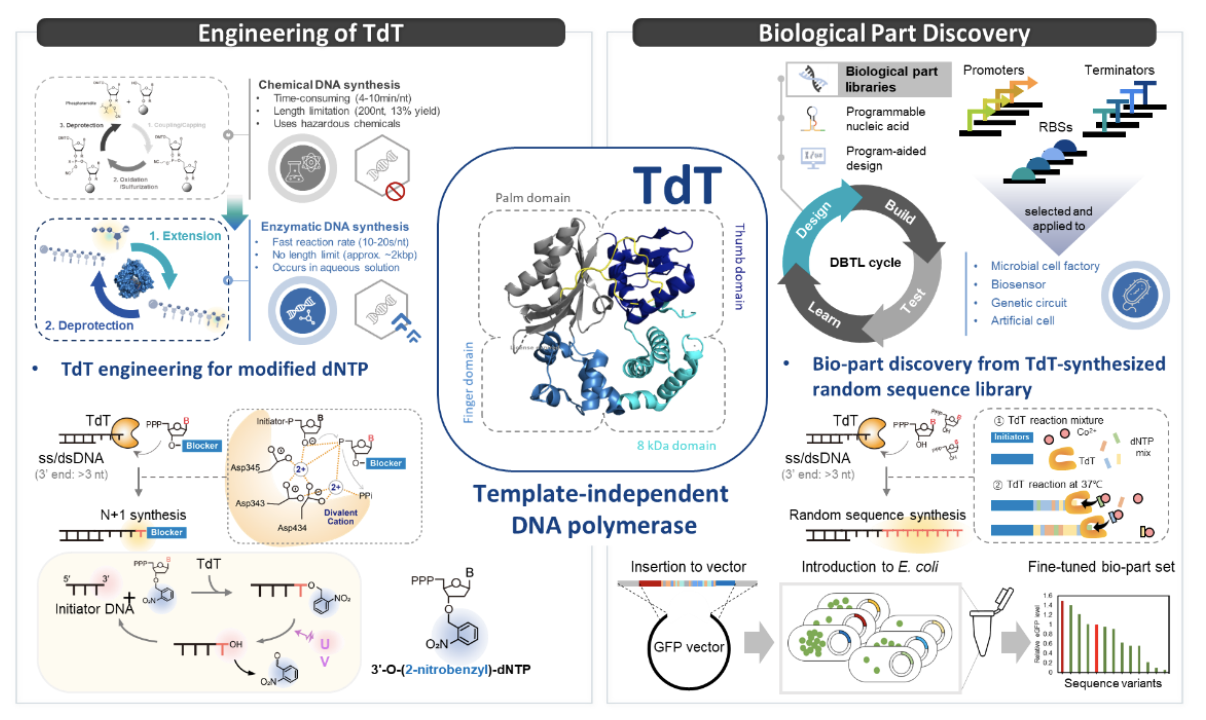
Fig 4. Two main topics in application of enzymatic DNA synthesis technology 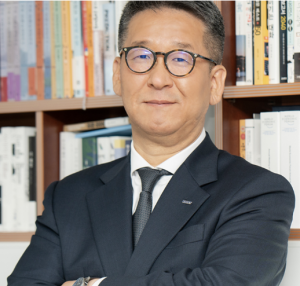
Fig 5. Professor Byung-Kwan Cho Byung-Kwan Cho received his Ph.D. degree in chemical and biological engineering from Seoul National University and has been studying systems and synthetic biology of organisms. He has been a professor in the Department of Biological Sciences in KAIST since 2010 and at the Graduate School of Engineering Biology since 2023. He has published over two hundred papers and was invited to the World Economic Forum, known as the Davos Forum, as a representative for systems and synthetic biologists. He received the 2023 KAIST Education Innovation Award, 2021 International Collaborative Research Award at 2021 KAIST Research Day, and a Commendation from the Minister of Environment in 2023.






